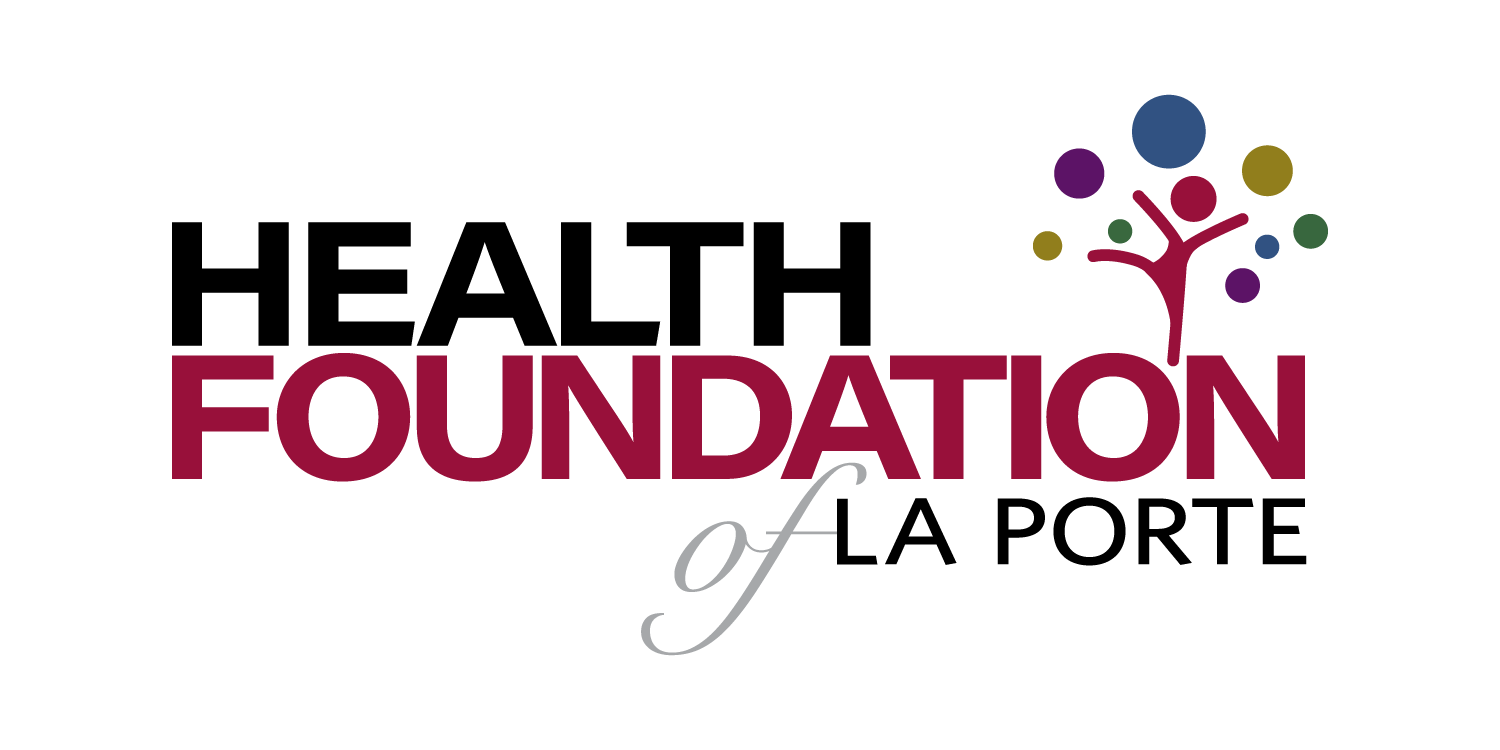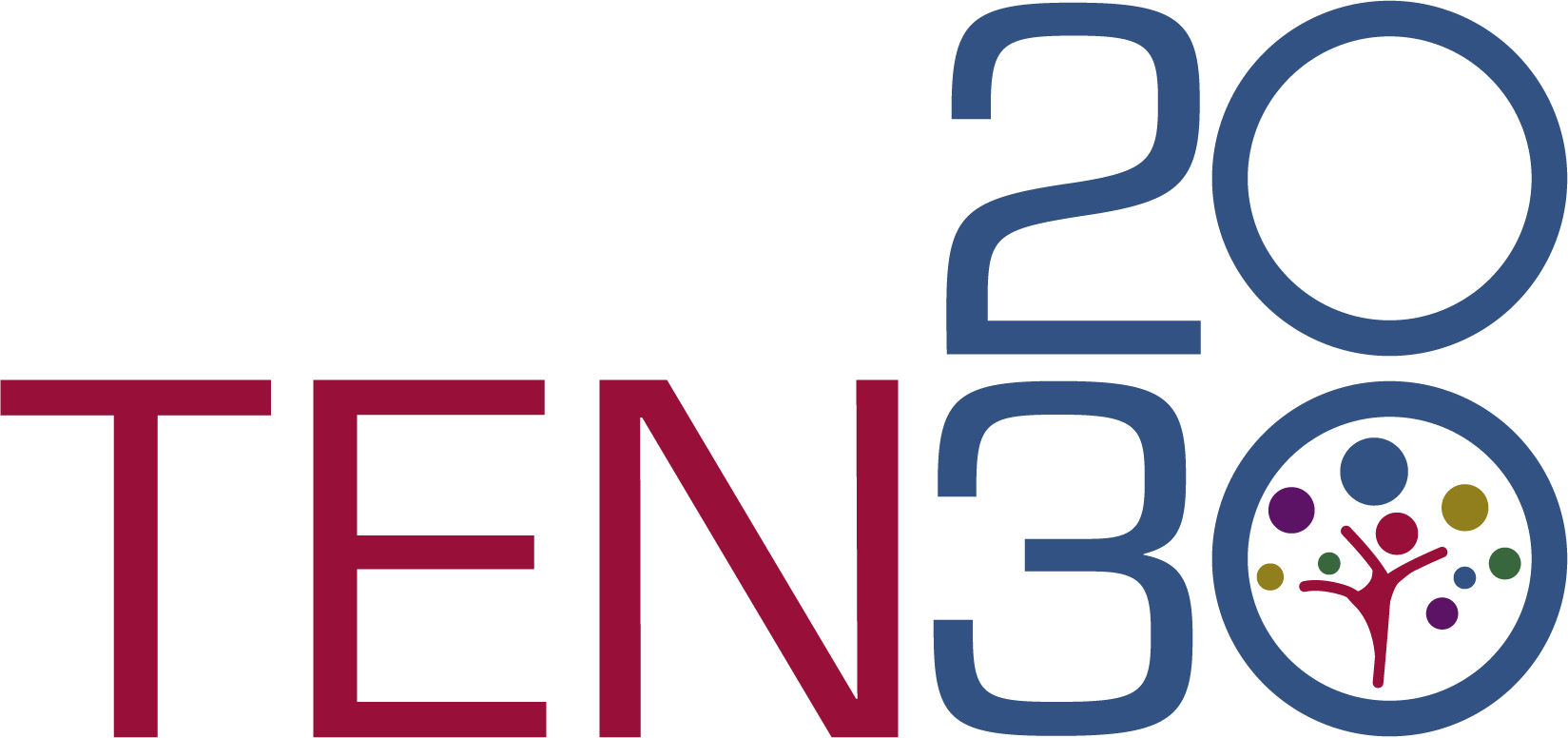Promising Practices
The Promising Practices database informs professionals and community members about documented approaches to improving community health and quality of life.
The ultimate goal is to support the systematic adoption, implementation, and evaluation of successful programs, practices, and policy changes. The database provides carefully reviewed, documented, and ranked practices that range from good ideas to evidence-based practices.
Learn more about the ranking methodology.
Filed under Good Idea, Health / Maternal, Fetal & Infant Health
Goal: The goal of this program is to detect nitrification in drinking water in order to protect infants under six months old from methemoglobinemia and prevent other consequential bacteriological problems.
Filed under Effective Practice, Health / Older Adults, Older Adults
Goal: The goal of this toolkit is increase health care provider knowledge and confidence in assessing the driving skills of patients with dementia.
Filed under Good Idea, Health / Immunizations & Infectious Diseases, Children, Families, Rural
Goal: The goal of this program was to increase full DTaP series vaccination in Wilson County, Kansas.
Impact: Immunization completion rates increased from 70% to 82% after implementation.
Filed under Good Idea, Health / Oral Health, Children
Goal: The goal of the Early and Periodic Screening, Diagnosis and Treatment Exception to Policy program is to increase the amount of Medicaid-enrolled children who receive oral screenings and fluoride varnish applications.
Filed under Effective Practice, Health / Oral Health, Children, Women
Goal: The Early Childhood Cavities Prevention Program (ECCPP) is a community-based intervention program to promote preventive oral care for both mothers and their infants in Klamath County, Oregon.
Impact: The Early Childhood Cavities Prevention Program (ECCPP) educates pregnant women about dental hygiene to prevent dental infection in their children. Ninety-three percent of all participating infants were 100% cavity-free on their second birthday.
Filed under Good Idea, Education / Childcare & Early Childhood Education, Children, Families
Goal: ECEAP is a community-based, family-focused, comprehensive, pre-kindergarten program designed to help children and their families who are in poverty. The program focuses on helping three- and four-year-olds prepare for and succeed in school while helping their parents progress toward self-sufficiency.
Filed under Effective Practice, Education / Childcare & Early Childhood Education
Goal: ELLM aims to decrease literacy gaps in the K-12 system by improving emergent literacy skills through preschool curricula interventions, involving a multi-faceted approach of a rigorous classroom curricula, family involvement, a support system for the teachers, and ongoing assessment of current practices.
Filed under Good Idea, Community / Transportation, Children, Adults, Urban
Goal: The mission of Earn-A-Bike is to educate and advocate the safe use of refurbished bicycles as affordable transportation.
Filed under Good Idea, Health / Wellness & Lifestyle, Children
Goal: The goals of this program are to increase developmentally appropriate physical activity, to increase the consumption of fruit and vegetables by children, and to increase the consumption of low-fat milk products and calcium-rich foods. The long-range goal is to incorporate this theme into the life of Lorain County children through collaboration with schools, agencies and facilities that provide services and activities for children and their families.
Educating and Delivering Financial Services to Low-Income, Underserved Residents and Businesses (Cuyahoga County, OH)
Filed under Good Idea, Economy / Investment & Personal Finance, Families
Goal: The goal is to offer members of poor and underserved communities ownership in an established financial cooperative. By purchasing shares in the Faith Community United Credit Union (FCUCU), individuals gain access to services and learn the difference between using what belongs to someone else and owning their own institution.

